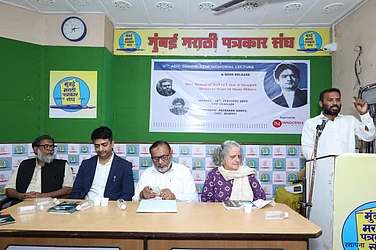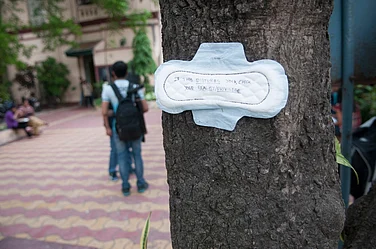The Centre, in a crucial development, emphasized before the Supreme Court that parliamentary privilege should not shield lawmakers from prosecution in bribery cases. The seven-judge constitution bench, headed by Chief Justice D Y Chandraachud, heard arguments from Attorney General R Venkataramani and Solicitor General Tushar Mehta. Mehta asserted that bribery should not fall under the purview of immunity, except in rare instances occurring within the legislative house.
According to Mehta, bribery is complete when a bribe is given and accepted, making it subject to the Prevention of Corruption Act rather than constitutional immunity. Venkataramani concurred, emphasizing that parliamentary privileges are intended to ensure lawmakers can perform their duties without impediments, not to place them above the law, PTI reported.
During the proceedings, senior advocate Gopal Sankarnarayanan highlighted the need to balance immunity with accountability, referencing recent incidents such as the alleged hate speech in Parliament by BJP MP Ramesh Bidhuri. The court acknowledged the limitations in intervening in parliamentary processes but stressed the importance of responsible conduct by parliamentarians.
Vijay Hasaria, another senior advocate, supported the reconsideration of the 1998 verdict, citing the staggering number of pending criminal cases against lawmakers. However, the court clarified that the focus of the reconsideration was specifically on bribery related to votes and speeches within legislatures.
Solicitor General Mehta concentrated on the Prevention of Corruption Act, arguing that if bribery occurs outside the legislative house, parliamentary immunity should not apply. The court acknowledged this perspective, emphasizing that if the offense is complete independently under the Act, there should be no question of privilege or immunity.
The case in question involves a reevaluation of the 1998 verdict that granted MPs and MLAs immunity from prosecution for accepting bribes related to speeches or votes in the legislature. This reconsideration comes 25 years after the JMM bribery scandal and is seen as a crucial step in addressing the intersection of parliamentary privilege and criminality. The Supreme Court is expected to deliver its verdict after two days of extensive arguments by various legal experts, including the Attorney General, Solicitor General, and amicus curiae.


























